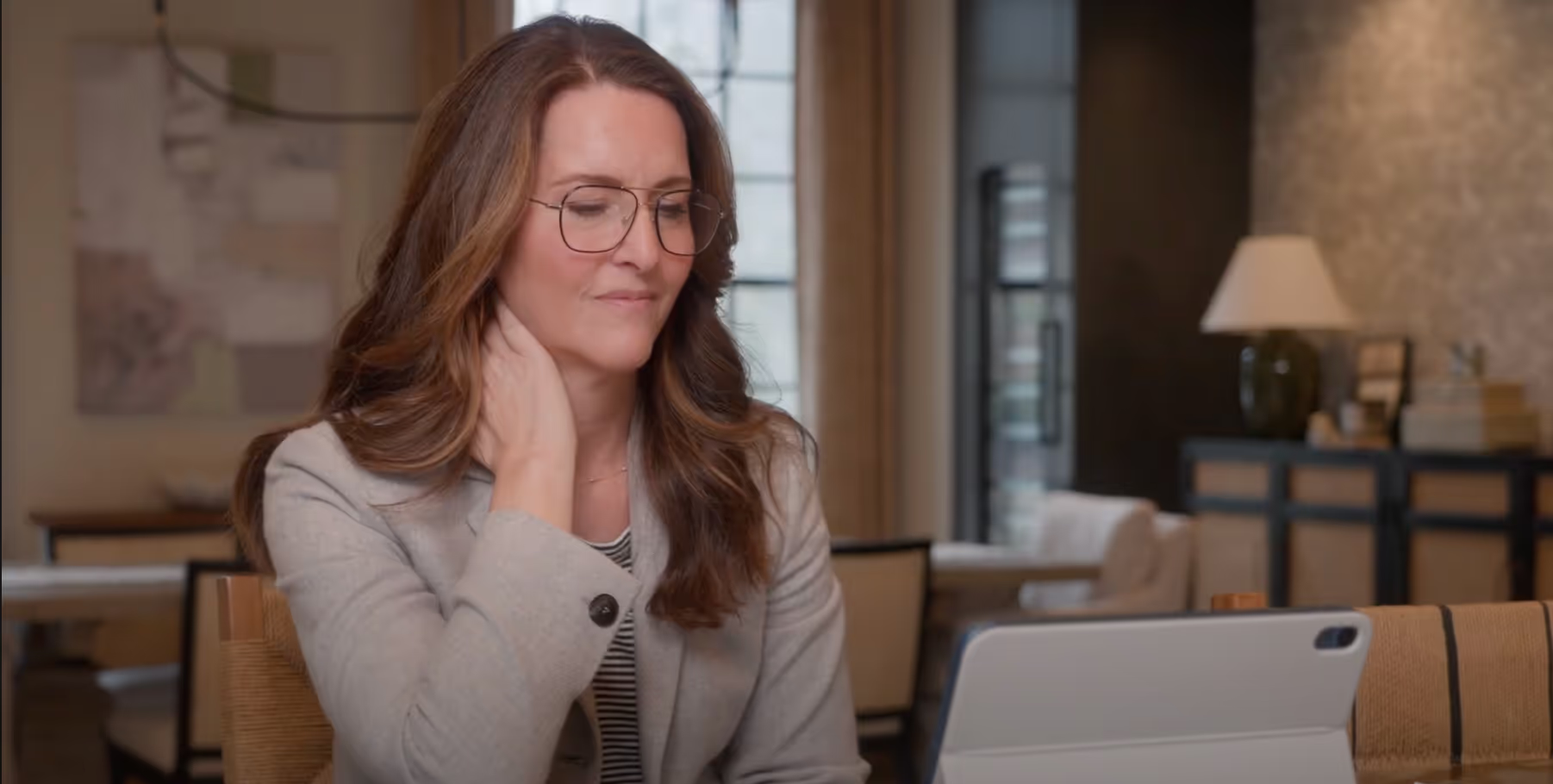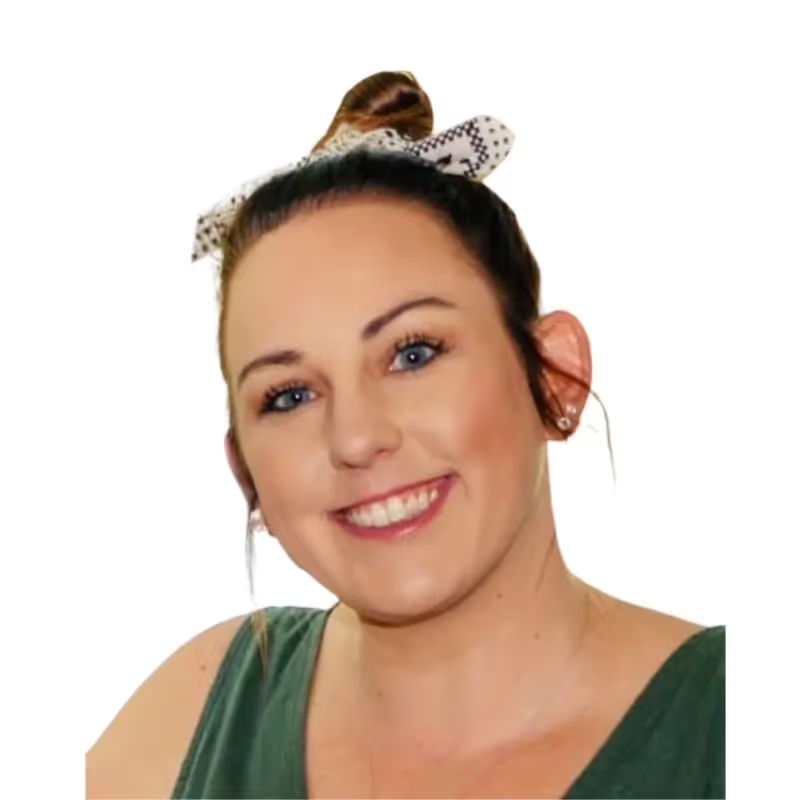As the speech-language pathologist (SLP) at Synapticure, my purpose is to guide patients and their families through the complexities of communication and swallowing changes associated with neurodegenerative diseases. Reflecting on my journey as an SLP specializing in neurodegenerative diseases, I realize that my path was shaped by both personal and professional experiences. Ignited by my grandfather’s diagnosis of a neurodegenerative brain tumor, his courageous battle inspired me to dedicate my career to supporting individuals facing similar challenges in communication, cognition, and swallowing.
The core of my mission
At the heart of my work lies a commitment to helping individuals maintain and enhance their communication, cognition, and swallowing abilities. Here are the cornerstones of my mission:
Education and Prevention
I believe in arming patients and their families with knowledge. Understanding communication strategies, cognitive preservation, and safe swallowing techniques empowers them to face the challenges ahead. Early intervention and preventative measures are essential in managing neurodegenerative conditions, like ALS, Parkinson’s, and dementia.
Enhancing Speech Clarity
Communication difficulties often accompany neurodegenerative diseases. Together, we can work on speech clarity, articulation, and fluency. Whether it’s practicing exercises or learning strategies, our goal is enhancing the ability to express effectively through tailored interventions:
- ALS: Patients may experience dysarthria, characterized by slurred or slow speech. Techniques include respiratory muscle strength training, speech pacing, and using amplifiers to increase vocal loudness.
- Parkinson’s: Speech may become soft, breathy, or monotonous. Lee Silverman Voice Treatment (LSVT) is one method that helps improve vocal loudness and articulation.
- Dementia and Alzheimer’s: Speech clarity can be affected by word-finding difficulties and impaired syntax. Strategies include repetitive practice, simplifying language, and using visual aids to support communication.
Improving Language Comprehension
Neurodegenerative disease can impact language comprehension. I help patients understand and process spoken and written language more efficiently through tailored exercises and strategies:
- Frontotemporal Dementia (FTD): Patients may struggle with understanding complex sentences. Techniques include simplifying language, using concrete terms, and providing written support .
- Primary Progressive Aphasia (PPA): This condition affects language comprehension and expression. Therapy focuses on language exercises, compensatory strategies like drawing or gesturing, and using technology to support communication.
Cognitive Strategies for Life
Cognitive challenges can be part of the journey. Together, we develop personalized strategies, including memory aids, attention-building techniques, and problem-solving approaches to enhance daily life:
- Dementia: Issues include memory loss, attention deficits, and impaired executive function. Strategies include using memory aids (e.g., calendars, notes), attention-building activities, and problem-solving exercises in addition to cognitive communication, language, and feeding/eating/swallowing skills
- ALS and FTD: Patients may exhibit changes in behavior and personality, along with cognitive deficits that impair language and speech. Management includes structured routines, behavioral strategies, and mental exercises to maintain function.
Swallowing Management
Swallowing problems (dysphagia) can significantly affect quality of life and safety. As an SLP, I assess swallowing function, recommend safe swallowing strategies, and collaborate with other members of our multidisciplinary team to ensure optimal nutrition and hydration.
- ALS: Dysphagia is common due to muscle weakness. Interventions include dietary modifications and compensatory techniques. Early intervention has shown to improve quality of life and reduce issues like weight loss and malnutrition.
- Parkinson’s: Patients may experience delayed swallow initiation and reduced pharyngeal clearance. Treatments include expiratory muscle strength training and implementing safe swallowing techniques, which can enhance quality of life
- General: Quality of life improves with early management of dysphagia through targeted therapy and education for both patients and caregivers.
Bridging Communication and Technology
Augmentative & Alternative Communication (AAC) is integral to my mission. Together, we tailor solutions that provide comprehensive support to empower individuals to express themselves with clarity and confidence, ensuring every voice is heard and valued.
- Tools: Options include low-tech solutions like picture boards to more high-tech options such as speech-generating devices and iPad-based text-to-speech applications.
- Eye Gaze Technology: Especially useful for ALS patients, eye-tracking devices allow individuals to communicate using only eye movements.
- Voice Banking: This process involves recording one's voice for future use with AAC devices, preserving the individual's unique voice.
Walking Alongside Patients and Families
To walk alongside patients and families as they navigate communication and swallowing changes is an honor. Together, we can adapt, overcome, and empower every individual to lead their best life.
Remember this: You are not alone. Life may be surprising, but with every change lies the opportunity to make a difference. Let’s ignite hope, rewrite stories, and ensure no one faces this journey without guidance and compassion.
About Synapticure
Synapticure is a virtual neurology practice providing expert care in all 50 states to patients and caregivers living with neurodegenerative conditions. It exists to provide affordable and equitable access to comprehensive and compassionate care enabled by telehealth. Synapticure is committed to being an innovator in democratizing access to exceptional care while putting patients and their loved ones first. To learn more, please visit synapticure.com or follow us on Twitter, LinkedIn, Facebook, and Instagram for updates.
About the Author
Kylee is Synapticure's Speech-Language Pathologist with a demonstrated history of working in the healthcare industry focused on treatment of neurodegenerative disease.
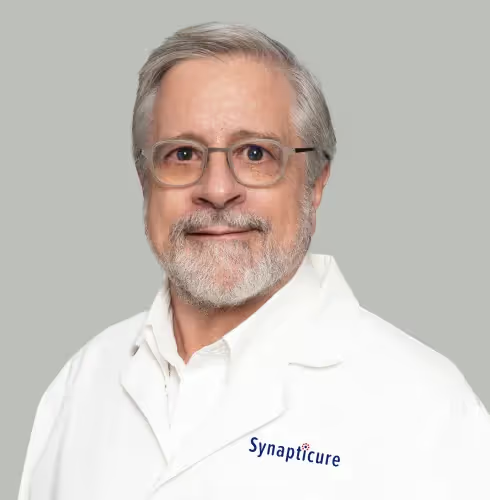
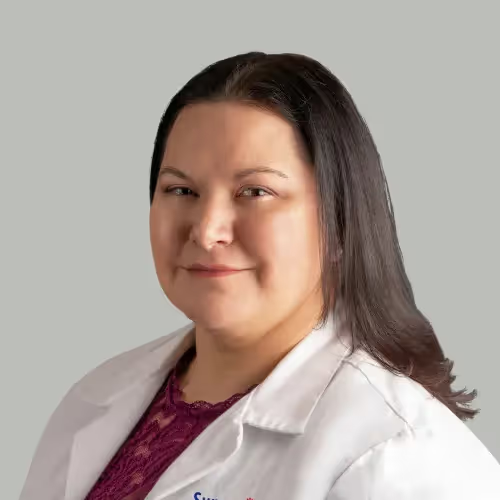
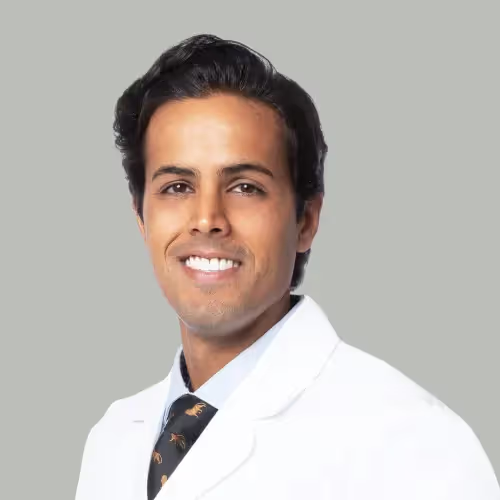


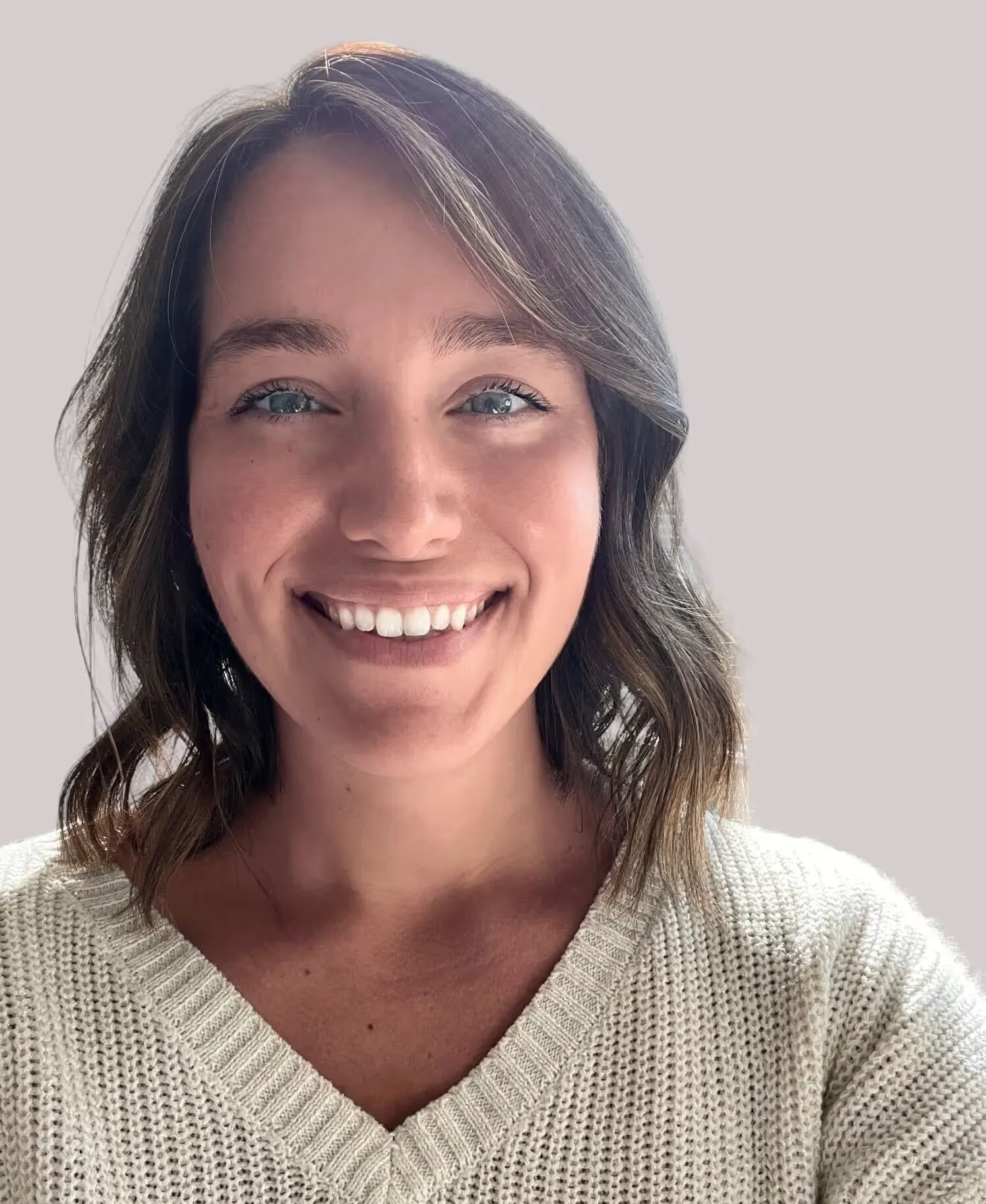





.png)
